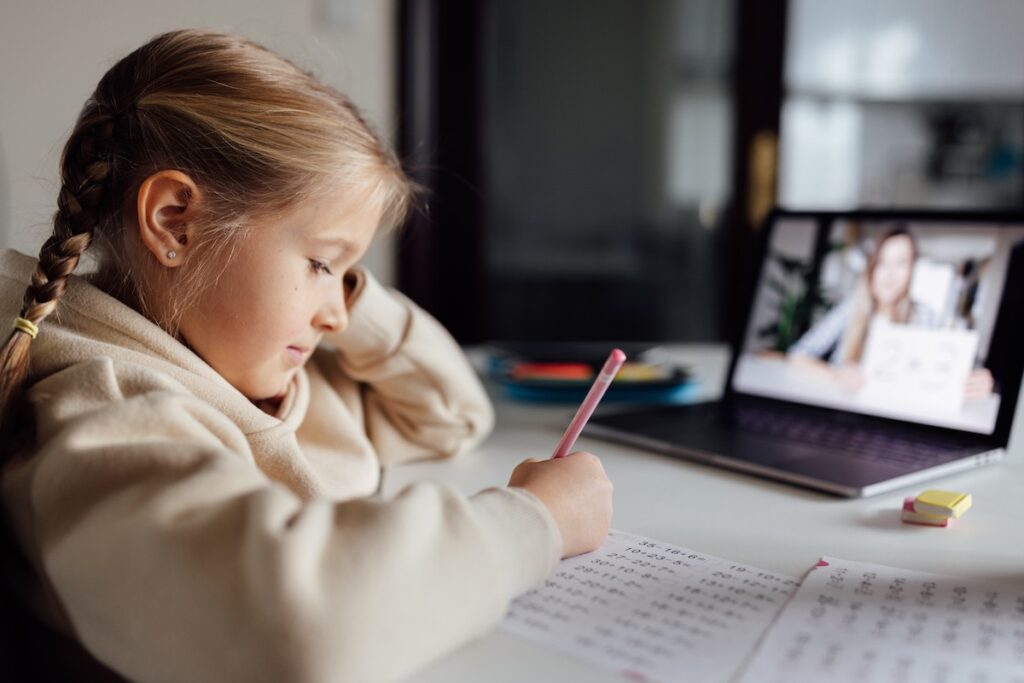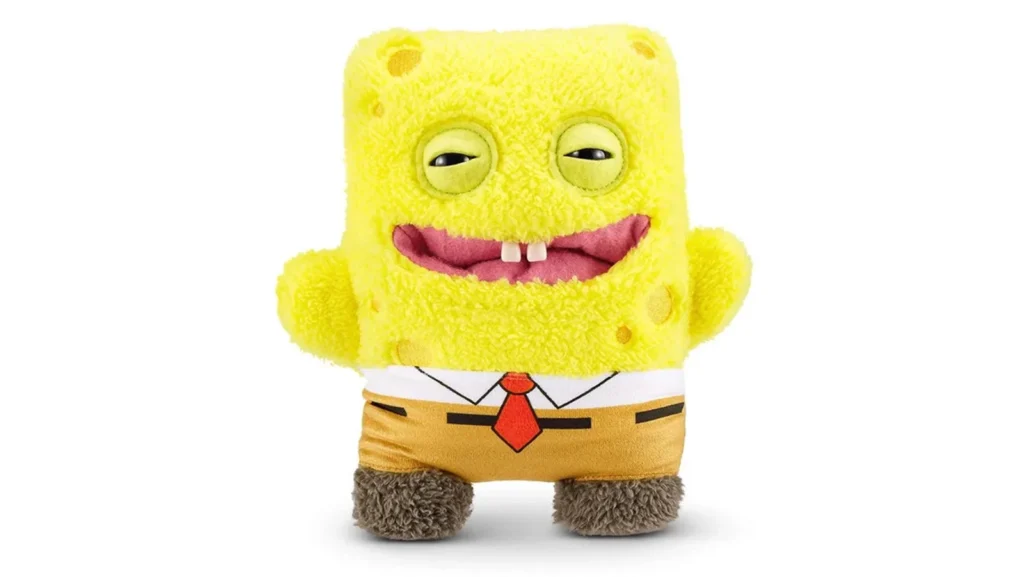Онлайн-школа » Блог
Блог

Почему родители в США все чаще выбирают онлайн-обучение для детей
Еще не так давно онлайн-школы считались способом получения дополнительных навыков. Но никак не получения основного образования. Сегодня — это осознанный выбор многих родителей. В статье

Как отметить Рождество 2025 всей семьей
Очень скоро все католики мира будут отмечать светлый праздник Рождество. Для многих людей это главный праздник в году. А значит, подготовка к нему идет полным

Высшее образование в США трещит по швам: почему растет альтернативное образование
Тема образования в Америке остается очень острой. Низкое финансирование и другие факторы вызвали снижение качества обучения. При этом все меньше людей могут позволить себе обучение

Советы родителям как не кричать на детей
Родительство — это тяжелый труд. И если кто-то скажет вам иное, значит, у него пока просто нет детей. Все мамы любят своих детей и хотят

Лабубу в прошлом: встречаем фагглеров — кто это и безопасны ли детям
Новые монстры завоевывают мир! Родители сходят с ума. Раньше дети выпрашивали Киси-Миси и Хагги-Вагги. Потом появились Лабубу — более милые, но не менее устрашающие монстрики.

Зимние каникулы 2025 — чем заняться с детьми
Близятся зимние каникулы. А это значит, что впереди масса времени для интересных занятий и веселого времяпрепровождения! В хорошую погоду зимой на улице огромное количество занятий:

Тренд на славянскую эстетику: плохо или хорошо
К славянской эстетике во всем мире относятся по-разному. Кто-то считает, что прошлое должно оставаться в прошлом. И славянский стиль в современном мире неуместен. А кто-то

Австралия запретила соцсети для детей: плюсы и минусы
Можно ли детям сидеть в соцсетях? Споры об этом не утихают по всему миру. Соцсети позволяют общаться с друзьями, получать новую информацию о мире и

Как связан язык и мышление — 6 особенностей русского языка, которые помогают расширять кругозор и развивают мышление
У людей разных национальностей всегда есть свои особенности менталитета и мышления. Это обусловлено географическим положением страны, историей народа и даже языком. Язык сильно влияет на

Феминитивы в современном русском языке: как правильно и как неправильно
Феминитивы завоевывают мир. Толерантность ко всем людям становится трендом. Все требуют особых прав для себя. И даже создания новых слов. Активистки феминистского движения по всему

10 фактов о популярности русского языка в мире
Русский язык часто ассоциируется с классической литературой и сложной грамматикой. Но за этим стереотипом скрывается живой, динамичный и востребованный язык. Мы собрали интересные факты о

Ханука: история праздника и когда отмечается в 2025 году
Что такое Ханука? Многие жители славянских стран слышали это слово и даже знают, что это название праздника. Но что это за праздник? Это знают далеко

ТОП-5 причин выучить русский язык иностранцу онлайн
Сотни тысяч иностранцев прямо сейчас учат русский язык. Они годами мучаются с русским произношением, грамматикой и исключениями из правил. Они называют русский язык одним из

Почему иностранные студенты больше не стремятся в США
Еще недавно люди стремились попасть в американские учебные заведения за любые деньги. Это было невероятной удачей. Которая открывала для абитуриента множество дверей. Но в американском

Русский язык как иностранный: почему сегодня это направление так перспективно
Мы уже писали о том, как изучать русский язык весело и с интересом. Мы писали, как помочь детям заговорить на русском и как наша школа

Интересные тесты: узнайте свой уровень владения языком
Любите ли вы проходить тесты? Большинству людей важно, чтобы их увлечения приносили заметные результаты. Это относится и к изучению языков. Согласитесь, так интересно проходить тесты

Ужасы современного разговорного русского: сбыча мечт
Русский язык может вызывать панику не только у иностранцев. Даже носители языка иногда не понимают, как вообще образовались некоторые выражения. И грамотно ли вообще использовать

9 новогодних фильмов для всей семьи, которые можно смотреть с детьми
Новый год в России — это не только шумные праздники. Это еще и уютные вечера с самыми близкими и новогодними фильмами и сериалами. А что

Как поздравить ребенка с Новым годом в 2025 году
Как поздравить детей с Новым годом интересно? Это ежегодная и очень сложная задача для любого родителя. Ведь это должно быть необычное вручение подарков, это должно

Рождественские традиции в России и США: какие отличия
Рождество на Западе — главный праздник в году. К нему готовятся больше месяца. Его ждут и празднуют на полную катушку. Города пестрят украшениями. К детям

Низкая успеваемость студентов в чтении и математике в США: почему это тревожный сигнал
Когда-то обучение в Америке казалось для иностранцев чем-то невероятным. Это была шикарная возможность получить не только международный опыт и знакомства. Но и качественное образование. Но что

